特邀专家详细介绍(Detailed introduction of invited experts)
Upcoming Seminars

Speaker: Prof. Tim Colonius, California Institute of Technology, USA
Date/Time: Tuesday, 29th June 2021, 10:00 am (GMT+8)
Title: Agreed to talk.
Abstract: Agreed to talk.
Prof. Colonius's homepage: https://eas.caltech.edu/people/colonius
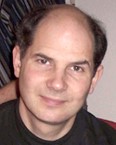
Speaker: Prof. Jens G. Eggers, University of Bristol, U.K.
Date/Time: Friday, 2nd July 2021
Title: Agreed to talk.
Abstract:Agreed to talk.
Prof. Eggers's homepage: https://people.maths.bris.ac.uk/~majge/
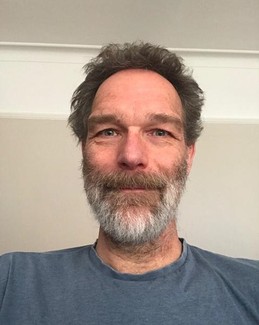
Speaker: Prof. Matthias Heil, University of Manchester, U.K.
Date/Time: Tuesday, 13th July 2021, 4:00 pm (GMT+8)
Title: Flows past cylinders: Are the transitions between different flow regimes caused by a continuous evolution or by bifurcations?
Abstract: Solutions to the Navier-Stokes equations often go through a sequence of distinct regimes, with the flow field becoming more "complicated" as the Reynolds number increases. These changes may occur via (i) bifurcations of the underlying solutions of the Navier-Stokes equations, or (ii) a continuous evolution of the "complicated" flow field (with quantifiable, discrete changes to its topology).
We analyse the interplay between these two, in principle distinct, mechanisms in the context of flows past circular cylinders. If the cylinder is stationary the flow undergoes a Hopf bifurcation at a Reynolds number of approximately 46, resulting in the formation of the famous von Kármán vortex street -- a time-periodic flow in which vortices are shed downstream. While this suggests that the change to the flow topology arises via mechanism (i) we show that the transition from steady to time-periodic flow (through the Hopf bifurcation) and the formation of individual vortices are in fact distinct events that occur at slightly different Reynolds numbers.
When the cylinder performs forced oscillations transverse to the flow direction, the vortex-shedding pattern becomes significantly more complex, leading to the formation of so-called "exotic wakes" whose character is controlled by the Reynolds number as well as the period and amplitude of the cylinder's motion. While it has generally been assumed that the transition between different wake patterns in response to changes in the amplitude occurs via mechanism (ii) we show that they are actually associated with a spatio-temporal symmetry-breaking bifurcation of the time-periodic flow.
Prof. Heil's homepage: https://personalpages.manchester.ac.uk/staff/matthias.heil/
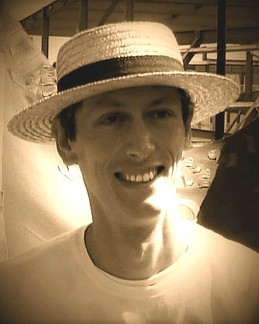
Speaker: Dr. Ashley P. Willis, University of Sheffield, U.K.
Date/Time:
Title: Agreed to talk.
Abstract:Agreed to talk.
Dr. Willis's homepage: http://apwillis.staff.shef.ac.uk/
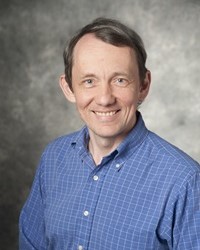
Speaker: Prof. Vladimir S. Ajaev, Southern Methodist University, USA
Date/Time:
Title: Agreed to talk.
Abstract: Agreed to talk.

Speaker: Prof. Frederic Dias, University College Dublin, Ireland
Date/Time:
Title: Agreed to talk.
Abstract: Agreed to talk.
Prof. Dias's homepage: https://people.ucd.ie/frederic.dias/about
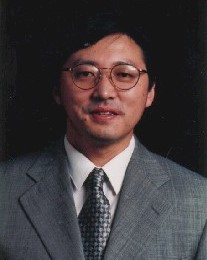
Speaker: Prof. Charles Chun Yang, Nanyang Technological University, Singapore
Date/Time:
Title: Agreed to talk.
Abstract: Agreed to talk.
Prof. Yang's homepage: https://www3.ntu.edu.sg/home/mcyang/index.html
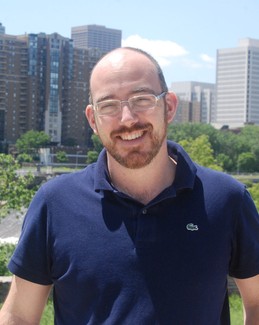
Speaker: Prof. Michele Guala, University of Minnesota, USA
Date/Time:
Title: Agreed to talk.
Abstract: Agreed to talk.
Prof. Guala's homepage: https://cse.umn.edu/cege/michele-guala
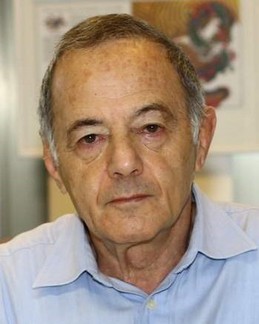
Speaker: Prof. Victor Steinberg, Weizmann Institute of Science, Israel
Date/Time:
Title: Agreed to talk.
Abstract: Agreed to talk.
Prof. Steinberg's homepage: https://www.weizmann.ac.il/complex/steinberg/
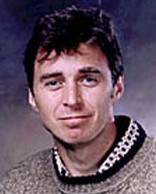
Speaker: Prof. Neil J. Balmforth, University of British Columbia, Canada.
Date/Time:
Title: Agreed to talk.
Abstract: Agreed to talk.
Prof. Neil J. Balmforth: https://secure.math.ubc.ca/~njb/






